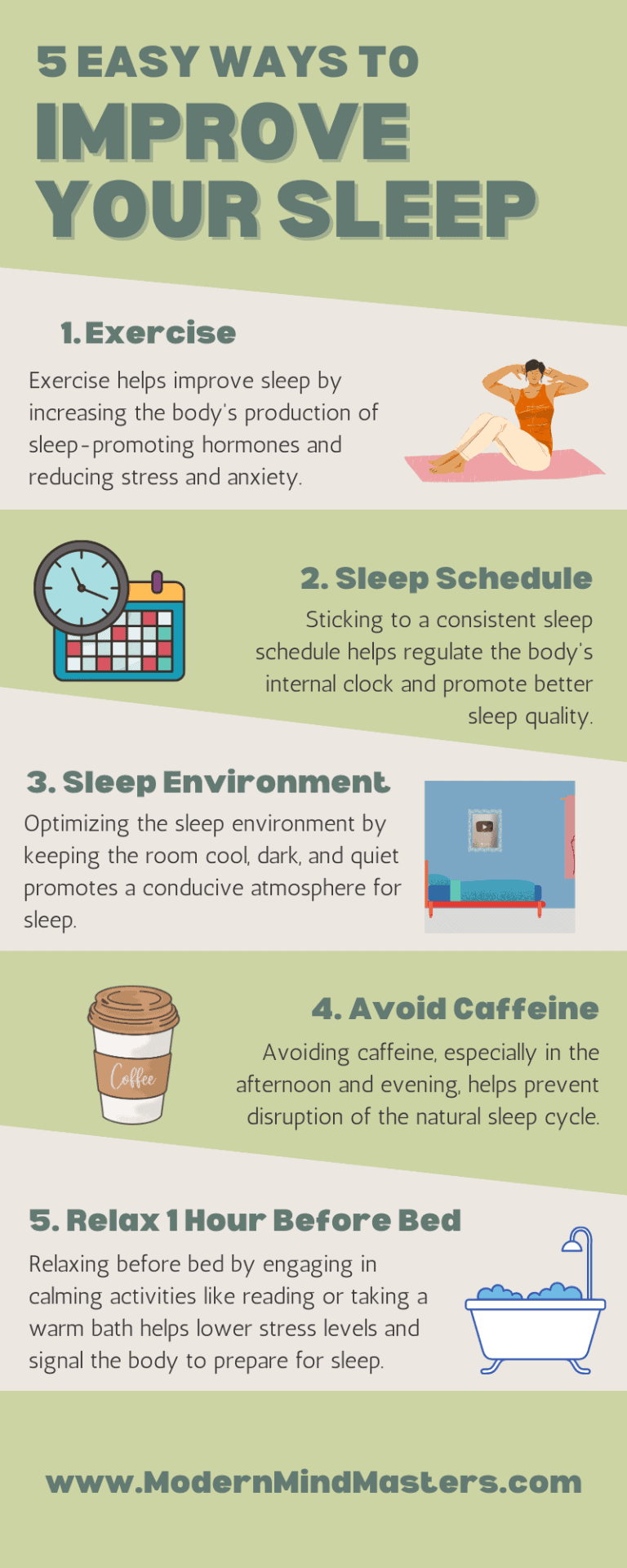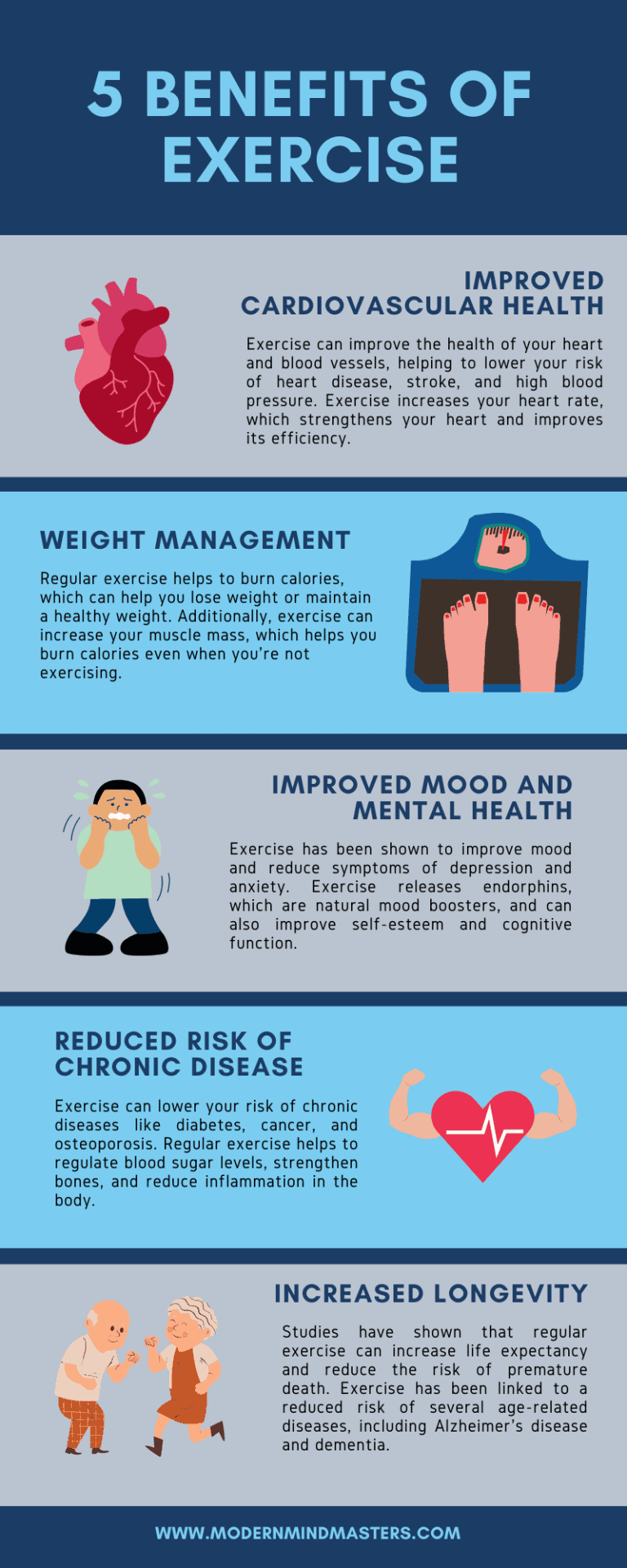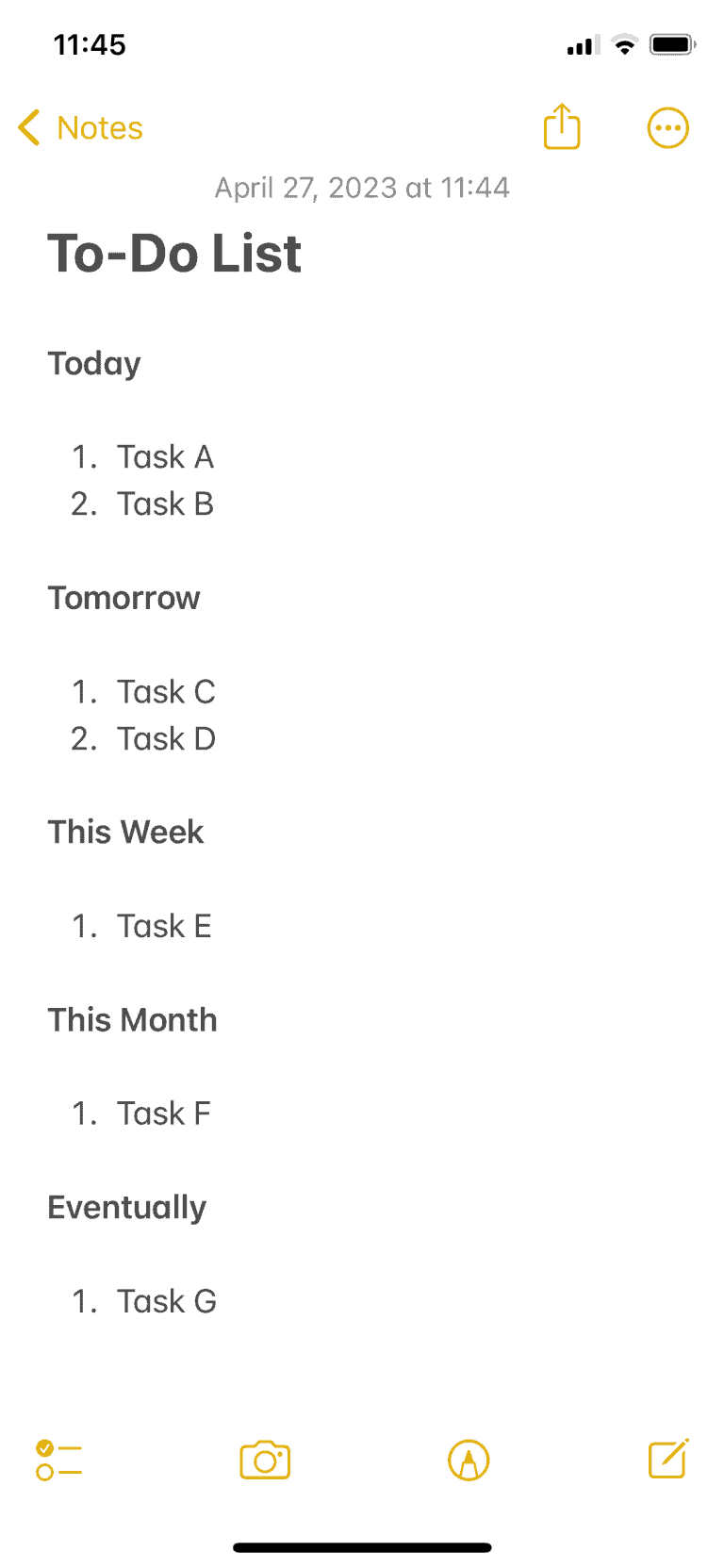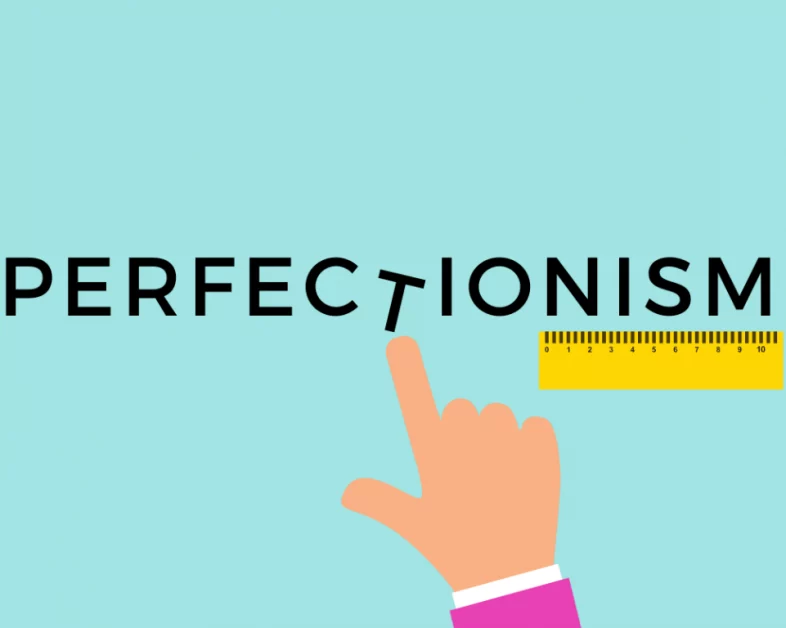
What Is Dopamine And What Does It Do?
Dopamine is a neuromodulator that acts as a messenger between neurons. It determines the amount of motivation and drive to achieve something and leave our comfort zone.

Overnight success is a myth perpetuated by social media and those wanting to exaggerate their lives; rarely does reward come without risk, and where there is a risk, there is inevitably failure.
Instead, success comes from small wins compounded over time. Habits form the catalyst for these small wins, where consistency trumps every other criterion. Sure, some win the lottery on their first try, but for most, consistent habits fill the middle ground between success and failure.
We should not seek to achieve success as quickly as possible, for this will inevitably lead to burnout, overwhelm, frustration, and inevitable failure – only 5% of smokers who quit “cold turkey” succeed.
The gradual approach may be less appealing (we all want success now), but it’s more consistent. We are more likely to complete a marathon when we spend five hours a week training for six months than ten hours a week for three months.
Sure, some can focus incessantly on nothing else, spending 16 hours a day working, but these form a minority.
This article will focus on the more reliable method of success – small habits performed frequently and consistently that gradually unlock progress.
While none of these changes are so great that they alone will transform your life, each will strengthen your foundational capabilities to a level upon which you can grow drastically. Like a skyscraper, you can only build as tall as the foundations allow.
So, without further ado, here are seven simple habits that will fortify your foundational strength. These habits alone will not turn you into a superstar, but they will create a strong base upon which you can grow into one.
SKILLS DEVELOPED – Performance, Social
We are all guilty of skipping and avoiding tasks that we know will prove difficult or unpleasant. For me, two activities, in particular, seem to bring out relentless laziness; flossing my teeth at night and completing my full gym routine.
At night, when I’m tired and barely staying awake, the last thing I want to do is spend a minute staring at my teeth. Previously, I would floss maybe three times a week, thinking this was good enough.
It wasn’t. I would develop a buildup of plaque within a few months, and my previously unmarked teeth soon developed two small cavities. In response, I decided to never skip flossing my teeth. As a result, my hygienist visits have extended to six months, and I have been cavity free ever since.
Similarly, I frequently skipped my last one or two sets in the gym, believing that what I had already done was good enough (again, that dreaded phrase) and that missing just one set would not make any difference.
Wrong again. Skipping one set a day means missing five a week, adding up to 260 sets a year, the equivalent of 43 workouts or two months of not going to the gym.
While the direct benefits of completing these small actions are great, the real benefits lie in continuously strengthening the persistent mindset.
While skipping an activity just once may not contribute much to the end goal, it opens the door to further skips, ultimately inviting the constantly looming possibility of giving up. Like climbing a mountain, one small slip can send you tumbling to the bottom.
By not skipping the small stuff, and avoiding getting lazy on simple tasks, we build the mindset that every effort counts, which carries over to larger endeavors that build real value.
Identify which small activities you tend to perform inconsistently, whether sticking to a diet, brushing your teeth, or reading eight pages when your goal is ten. Note them down and make a conscious effort to avoid skipping these small tasks.
It may seem silly; not flossing once every week may not in itself make a significant difference, but the mindset that will follow you in all that you do most certainly will.
Consistency is the single largest contributing factor to success, and this small habit will strengthen your mindset toward commitment and persistence.
So recognize when you’re feeling lazy toward an activity, and avoid skipping or “half-assing” it.
SKILLS BUILT – Performance, Social
The moment we stop learning is the moment we start going backward. In today’s hyper-competitive landscape, it is no longer enough to maintain your position, whether it be your career or business, because others will fly past you, pushing you further down the competitive line.
Go out of your way to learn one new thing every day. Whether reading the news, watching a tutorial on your passion (such as woodworking), or a new formula in Excel, go out of your way to seek knowledge and information regularly.
Compounding this small time investment every day for the rest of your life will pay it back many times over.
An excellent additional benefit of this is an improvement in your casual conversation/small talk skills. Great conversationalists tend to know a little about a lot, and this is not by accident. They know that the more information they have, especially about others’ interests, the better conversations will flow.
As AI assistance continues to saturate our lives, those who fail to keep up will fall out of favor. Those who continue to learn, and diversify their skill sets, will thrive.
Subscribe to a YouTube channel, a newsletter, a news service, or whatever point of information is available for the type of things you wish to learn about. Learn something new and try to share it; you never know when a similar-minded person will share potentially lucrative information.
SKILLS BUILT – Health, Productivity
Sleep is when our bodies and brains repair and recuperate from the day’s activities. Without adequate sleep, our productivity and health, both physical and mental, will suffer.
Good sleep consists of two components: quality and quantity. Quantity of sleep is easy – we’ve all heard about the importance of getting 7-8 hours of sleep every night.
But one person’s hour of sleep is not necessarily the same as another’s – what is referred to as sleep quality.
Sleep can be separated into two distinguished phases, REM (rapid eye movement) and non-REM.
During non-REM sleep, the body and brain are relatively inactive, and heart rate, blood pressure, and respiration slow down. This type of sleep is usually associated with physical relaxation and restoration and is crucial for physical recovery and growth.
REM sleep, on the other hand, is characterized by rapid eye movements, a high level of brain activity, and muscle paralysis. REM sleep is often associated with dreaming and is thought to be important for mental restoration, learning, and memory consolidation.
Both types of sleep are important for overall sleep quality and well-being; a healthy sleep cycle consists of a balance between both types, with multiple cycles of both REM and non-REM sleep occurring throughout the night.
Disruptions to this balance can lead to feelings of grogginess, difficulty concentrating, and other negative impacts on cognitive and physical performance.
To improve your sleep quality, follow these five simple steps:

SKILLS BUILT – Health, performance
The human heart beats around 100,000 times a day and 2.5 billion times over an average lifetime. Keeping this vital and hard-working organ in good shape is therefore of utmost importance to our day-to-day physical health. Your heart is a muscular organ, and like any other muscle, needs to be worked to be strengthened.
Research shows that regular moderate to intense exercise boosts an array of physical health benefits, including improved cardiovascular health, better weight management, and reduced risk of chronic diseases such as diabetes and some types of cancer.
Perhaps the most underappreciated aspect of exercise is the strengthening of the mind. Humans are estimated to only use around 40% of their potential endurance capacity when they feel they hit the wall. The brain, in a bid to protect them from harm, acts as a physical limiter to uncomfortable situations.
By exercising hard, and pushing past our 40% inherent limiter, we build mental resilience against strenuous activity.
This applies not only to physical feats, such as endurance running but also to mental feats, such as persevering with a business that has hit hard times. Exercise is an easily accessible technique to allow you to push past your subconscious comfort zone and strengthen your mental fortitude. Accumulating many small wins will help prepare you to endure tougher challenges.
While the exact amount of time we should spend exercising depends on the individual, the American Heart Association recommends at least 150 minutes (2.5 hours) of moderate-intensity aerobic exercise per week or 75 minutes (1.25 hours) of vigorous aerobic activity (or a combination of both).
This works out to 20 minutes of moderate activity a day for seven days a week or 30 minutes for five days (half for vigorous activity). If this sounds daunting, build up to it incrementally; any amount of exercise is better than none.
Experts recommend exercising within 55 to 85% of your maximum heart rate for at least 20 to 30 minutes to get the best results from aerobic exercise. The optimum and maximum rates per age group that you should target can be found online.
The best part of performing moderate to intense exercise is that some benefits are immediate, such as an improvement in mood, reduction in stress, and improved cognitive functioning, specifically attention and working memory.
Dedicate 20 minutes a day to get your heart pumping, inducing significant benefits for your entire body both short and long-term. Signing up for a gym is also not necessary – cycling, jogging, or home equipment avoid the need to spend time traveling (bikes and rowing machines are reasonably inexpensive). The benefits from such a small time sacrifice are simply too good to pass up.

SKILLS BUILT – Productivity, consistency
My use of my to-do list has now reached the point where I cannot live without it; it’s the first thing I look at in the morning and the last thing at night.
It is also the reason I rarely forget anything, despite being extremely forgetful, and the reason I can accomplish all I need, despite my natural tendency to procrastinate.
Warren Buffet, the most prolific investor of our time, swears by his 5/25 rule, where you write your top 25 goals or tasks and identify the five most important ones. This simple task focuses your limited time on what is most important, ensuring the most valuable use of your time.
We can use a to-do list to follow this same methodology, where you write down all the tasks and goals you wish to achieve and focus on the top five. If five is too daunting, start with three, or even one, whatever you can reasonably manage right now to get you started.
My to-do list has five sections: today, tomorrow, this week, this month, and eventually.
The eventual section acts as my back-burner task list, where I note down anything I wish to do eventually but is not a priority right now. Anytime a task I need to complete later pops into my mind, I write it down in this section where I can ensure it will not be forgotten, and I don’t have to spend any further effort trying to remember it.
From this section, I move any tasks I need to complete this month into the “this month” section, which I then prioritize and move into the “this week” section. Finally, I split the week’s work into “today” and “tomorrow” (I feel more comfortable when I have a plan for two days), which gets updated every day as I complete my tasks.
Many to-do lists are written in a diary or an app, but I find the easiest and most accessible to be the notes app on my phone. My phone stays with me most of the time, where I can jot down random thoughts quickly and forget them until they become a priority, ensuring I don’t forget to do anything while freeing my limited mental resources for more important tasks.
Every Sunday I shift my goals around, moving the next most important tasks from monthly to weekly, and weekly to today and tomorrow. Once I nailed this system, my productivity skyrocketed to a point where I can no longer function without it.
On your phone, or a notepad or app if you prefer, create the five sections mentioned above: today, tomorrow, this week, this month, and eventually. Brain dump all the tasks and goals you need and wish to achieve in the eventual section, and move them up the list based on their priorities.
Start with just one task a day if that’s all you can comfortably manage; the aim is to first build the habit of using the notes before we can take full advantage of it.

SKILLS BUILT – productivity, consistency
Success stems from simple steps. Success, therefore, is simply the accumulation of enough small wins to get you to where you want to be, so we must get used to breaking goals into small and simple steps that can be easily achieved, without succumbing to overwhelm and procrastination.
Procrastination is the biggest enemy of productivity, where we put off what we know needs doing now, when we have the time to do it, to some point in the future when we may not.
Seems illogical, right? But when we look into the human mindset, we realize its governed by two components, what Dr. Steve Peters refers to as the Human and the Chimp.
Chronic procrastination can occur as a result of the “chimp” part of the brain, which is responsible for instinctual and emotional responses. When faced with tasks that require effort or discomfort, the chimp may take over and convince us to delay or avoid them, prioritizing short-term gratification instead.
This can lead to a cycle of procrastination and negative emotions, which can be difficult to break without conscious effort and strategies for managing the chimp.
Studies show that approximately 80%–95% of college students engage in procrastination to some degree. 75% consider themselves to be procrastinators, while 50% say that they procrastinate in a consistent and problematic manner.
To avoid procrastination, therefore, we need a way to overcome the chimp’s limbic urges for immediate gratification.
We do this by breaking down large and complex tasks, which frustrates the chimp who prefers easy and comfortable tasks, into small enough bite-sized pieces that do not cause overwhelm. When we can visualize ourselves completing the task from start to finish, the chimp has a much easier time following through.
This is the basis of construction, where large and immensely complicated projects, such as a multi-billion dollar nuclear power plant, are broken down into work packages small enough to allocate time and resources. A project manager’s skills lie not in their technical engineering, but in their ability to break down and efficiently plan large packages of work.
For any tasks or goals you are struggling to complete, or if you are struggling to even start, break down your goal into smaller tasks. No item is too small – if you are still confused or procrastinating, it’s a sign you need to break it down further.
SKILLS BUILT – social, performance
A simple smile can unlock doors that no key ever could.
The power of a confident smile is criminally underrated. Your smile represents you and sets the first impression others will make of you. It becomes your brand. A smile effortlessly communicates, “I like you. You make me happy. I am glad to see you”.
According to a study by the American Academy of Cosmetic Dentistry, nearly half of Americans believe a person’s smile is their most memorable feature. While 48% of people will remember your smile, only 25% will remember the first thing you said.
Salesmen have taken advantage of this phenomenon for decades. Research has shown that listeners can actually “hear” your smile over the phone. It is one of the many cues your voice delivers to help people on the other end of the line interpret the meaning behind what you’re saying.
Not everyone is born with a killer smile, however. There are around 13 muscles involved in a typical smile, so you have to practice your smile and train the muscles as you would any other movement. It may feel silly to stand in front of a mirror and practice smiling, but the results of perfecting a confident smile are anything but.
The smile has to be genuine. A fake smile is obvious and mechanical, and nobody likes it. Practicing will likely seem weird at first, and you may hate your smile. If so, that is exactly why you need to practice; if you feel awkward imagine how others must feel.
Practice perfecting your new smile for a couple of minutes a day. It is an incredibly small time investment for such a significant reward. Try practicing it in public with people walking on the street; smiling is contagious, so you will often get a friendly smile back.
Having a wife who does this naturally, I know first-hand the power of a friendly smile. Rarely do we go out without her talking to someone new just from the power of her genuine smile. With power like this, you never know when you can create opportunities out of nowhere. Smiling costs nothing but can earn a fortune.

Remember, success stems from small steps, so don’t be disheartened by others’ accomplishments and routines – they too started somewhere small but invested the time to build up their habits to a strong foundation upon which their success could flourish.
Take heart of these seven habits, and plan to implement them into your daily routine one by one. When you feel overwhelmed or procrastinating, take a step back, acknowledge that it is natural (it is the chimp doing what it is meant to be doing), and break this task into small enough pieces to remove the overwhelm.
It may take longer, but consistency trumps speed every time – it is better to complete something over a long time than to not complete it at all.
Success is not an overnight sensation, but a result of consistent habits that are practiced daily. Make your habits count and you’ll be unstoppable in achieving your goals.

Dopamine is a neuromodulator that acts as a messenger between neurons. It determines the amount of motivation and drive to achieve something and leave our comfort zone.

How Disney, Ford, and Sanders overcame repeated setbacks to become 3 of history’s most successful failures

Perfectionists may be known for their high standards and attention to detail, but perfectionism is the enemy of productivity. It also causes much stress and anxiety.

Money can be hard to come by, so make sure you put yours to good use. Here are 3 places you must save and invest your income before you spend it.

The 5 best evidence-based supplements for anxiety include passionflower, kava, St John’s wort, L-arginine, and magnesium, according to recent research.

While social media can be a powerful tool, many end up abusing it to the detriment of their mental health, contributing to depression, anxiety and addiction.
© 2025 Modern Mind Masters - All Rights Reserved
You’ll Learn:
Effective Immediately: 5 Powerful Changes Now, To Improve Your Life Tomorrow.
Click the purple button and we’ll email you your free copy.